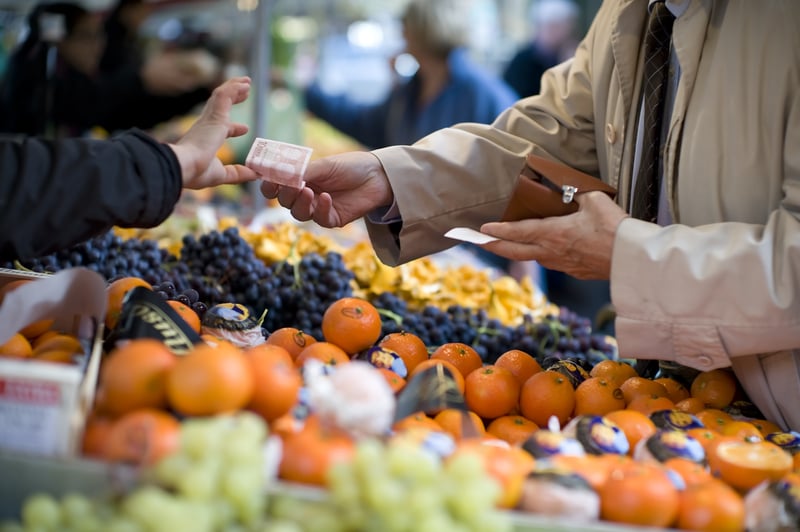
Traveling the world is a privilege, regardless of the destination— it expands our horizons, exposes us to new cultures, and encourages us to connect in meaningful ways with other people all over the globe.
While there may be a temptation to spend your travel time and resources at large international resorts while traveling, it’s important to note that this doesn’t do a lot to help local communities (many of which rely primarily on tourism to fuel their economy). With this in mind, we’ve put together this guide to explore ‘responsible tourism’ including some tips on how you can positively impact local economies (as well as your own traveling experience) while abroad.
How Does Supporting Local Businesses Help the Economy?
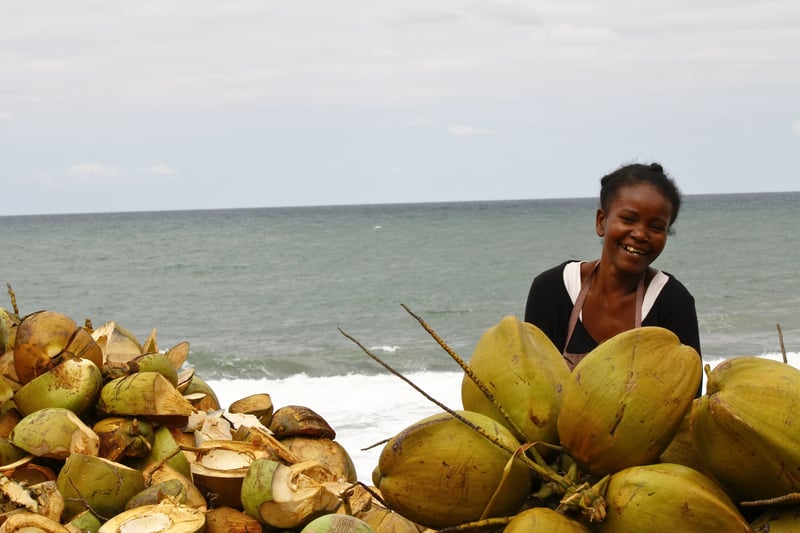
By patronizing local businesses and non-profits, you are injecting foreign income into the local economy and keeping money circulating throughout the community through purchasing goods and services and supporting charitable efforts that benefit local causes. Some of the best methods for doing this involve simply embracing experiential travel and immersing yourself in local culture and commerce, ideally while adhering to the principles of responsible tourism.
Responsible Tourism

As defined by the International Journal of Science and Research, ‘responsible tourism’ is:
“tourism that minimizes negative social, economic and environmental impacts and that generates economic benefits for local people”
Responsible tourism centers around being aware of both the financial and environmental effects travel has on destinations. For example, a common tourist attraction in parts of Asia is elephant rides. Unfortunately, this involves the elephants being chained up in captivity, as shown in the picture above. While this may support the local area financially, it negatively affects the area environmentally since it harms the wildlife, and therefore is not deemed to be responsible tourism.
Luckily, there are several ways in which anyone, whether it be solo travelers, early retirees or even a traveling family can contribute to responsible tourism, some of which we will explore below.
It is all a part of becoming global citizens.
Ideas on How to Support Local Business Economies
1. Stock up on fresh food items from local markets

Almost every town and city has its own version of farmer’s markets, and shopping at these (rather than buying from supermarkets) is a great way to support the local economy. Produce at these markets comes from the local farmers and growers of fruit, herbs and vegetables, meaning you directly support members of the community.
In addition, with this farm-to-table approach to sourcing your food items, you increase the likelihood that you're getting the freshest (and most flavorful) products possible as the supply chain is significantly shorter. Shopping this way is also an excellent opportunity to get to know local people as you will often be interacting with the farmers themselves at the market.
2. Shop in local stores
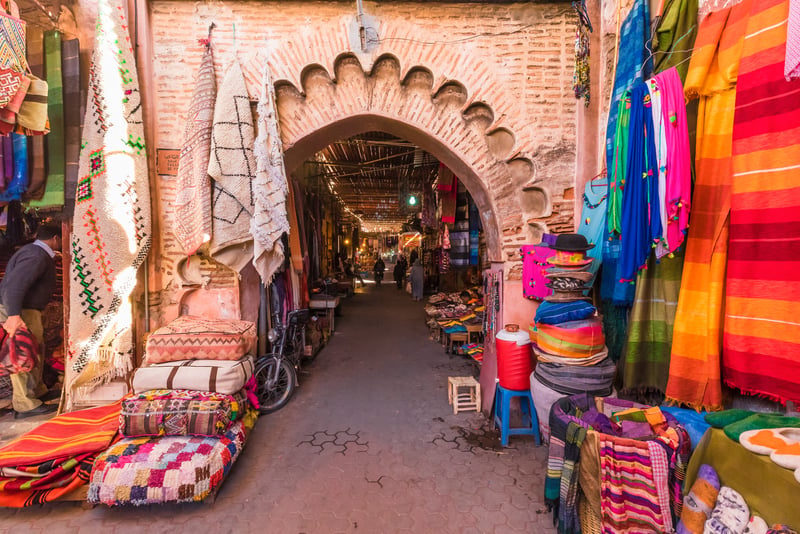
Another way to practice responsible tourism is to avoid large shopping centers and chain stores and seek to strengthen independent businesses when you buy gifts or souvenirs. Your tourism dollars go toward bolstering local entrepreneurs and creating jobs for area workers, with their families and the extended community benefiting as a result.
TIP: Remember that often farmer’s markets and local small businesses will only accept cash, so be sure to have some on hand when shopping.
3. Go on a guided tour or shore excursion
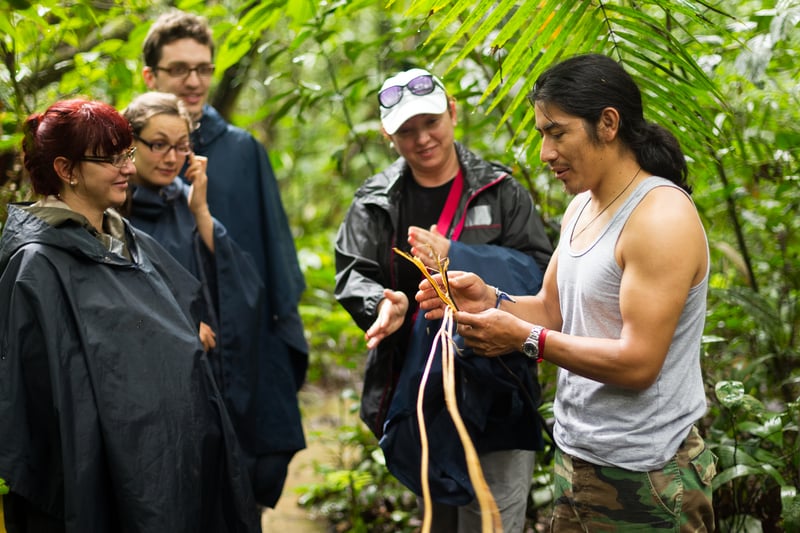
Going on a guided tour is a fun and exciting way to explore the town or city and gain insight into its history and culture. By engaging in eco-tourism with a local guide, you are more likely to get someone truly passionate about their home who takes pleasure in showing it off.
Moreover, you are directly supporting local businesses and helping to strengthen local economies. By using the services of a local guide, you can ensure that your money goes directly into the community. In addition, guided tours often offer a more insightful experience than exploring on your own as you'll have the opportunity to ask questions and get perspectives you might not otherwise find.
4. Donate to a local charity
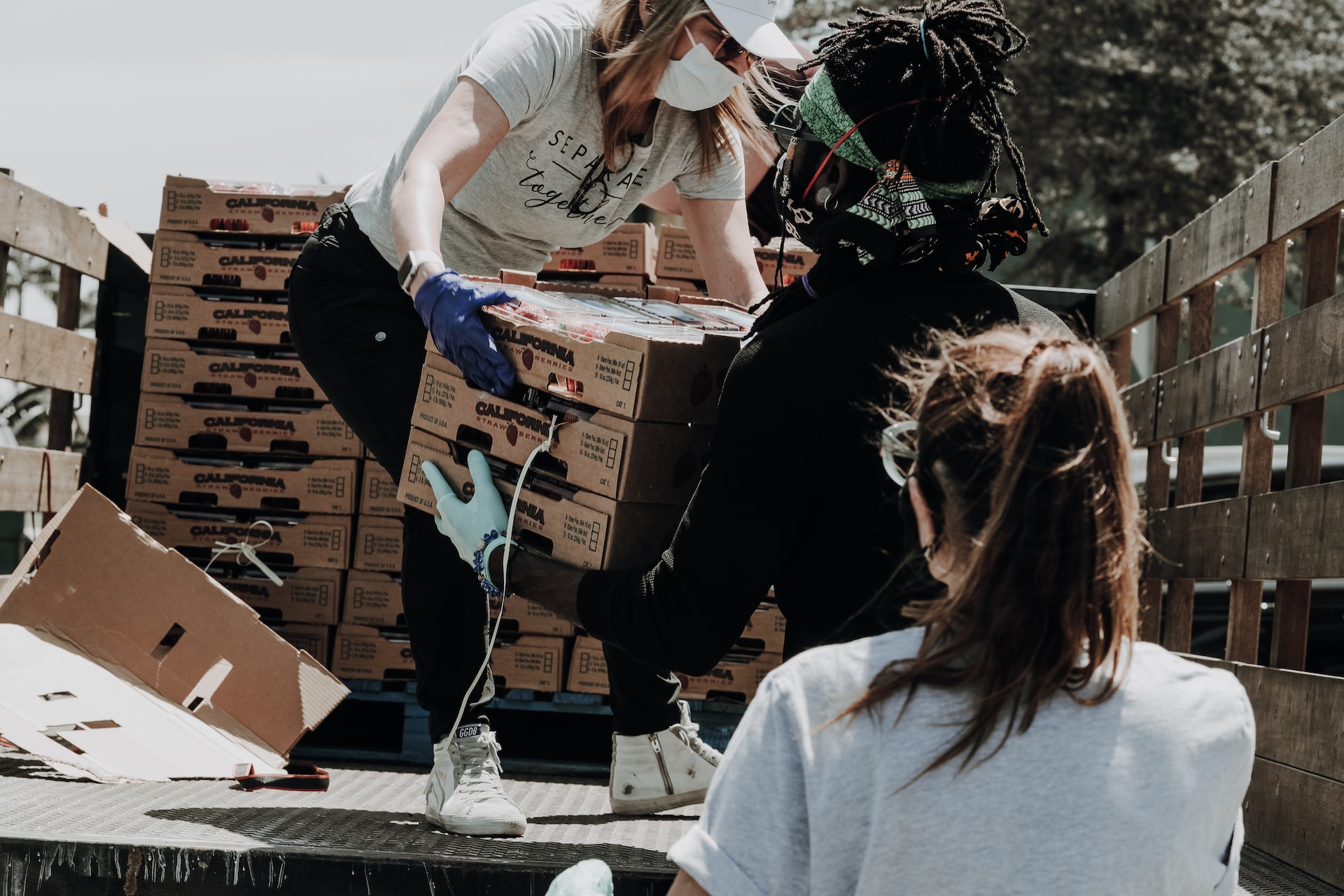
If you find you don't have the time to volunteer while traveling but like the mission of local causes in a city, you can donate money toward their projects. (Make sure to do your research on any charity to confirm that they are reputable, and always do a double-check to ensure that whoever you’re giving the money to is actually associated with the charity.)
When you donate to (reputable) local charities, you're helping to fund a good cause plus supporting the local area and people. Money donated to charity stays in the community, and it supports businesses and organizations that provide vital services. Depending on the charity, donations are often used to purchase supplies locally and may also help to create jobs for staff members and contractors, all of which help boost the local economy.
5. Dine out in local restaurants
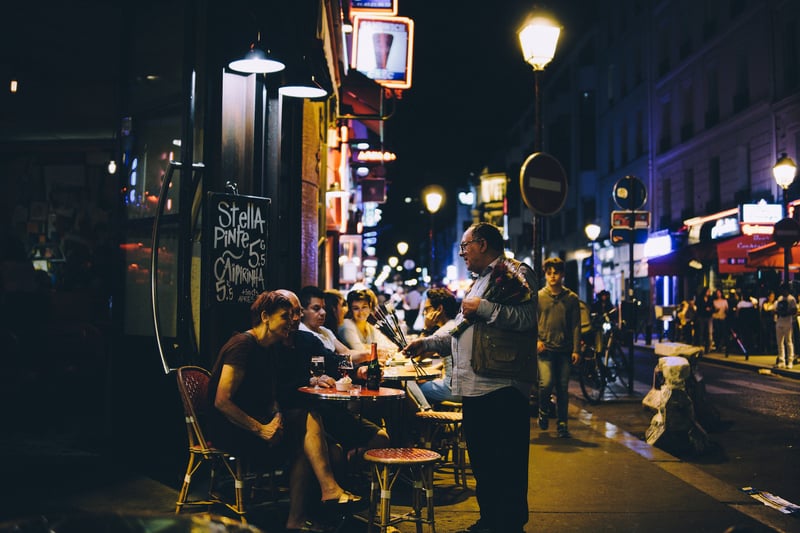
Dining at local restaurants not only allows you to sample the unique cuisine of the area but also enables these types of establishments to stay in business. Many local cafés, restaurants, and bars rely almost exclusively on tourism dollars, so dining out and drinking at locally-owned spots is a great way to support the area’s economy and the community.
Whether you're in the mood for some classic comfort food or looking to try something new, eating at a local restaurant is a great way to explore your host city's culinary offerings and food culture. It is a genuinely great and pleasurable way to give back to local business owners.
Final words on supporting local communities

When planning a trip, it's easy to just go see and do whatever is closest and easiest. However, if you want to specifically support local communities, you can easily do so with just a little extra thought about how you can spend your money in a way that is beneficial to others. This will help boost the local economy and it will also give you a more authentic experience. You'll get to know the people and learn about the culture in a way that you wouldn't if you just stuck to the ‘tourist traps’ or the large resorts. So the next time you're planning a trip, remember to do a little brainstorming first about how you can engage with authentic, locally-owned businesses…it will make your vacation all the more enjoyable.
Storylines
Storylines is creating a community of global citizens to live aboard a luxury residential ship while it travels the world. One of our guiding principles is contribution, with philanthropy, sustainability and education central to all we do. To read more about how Storylines’ values align with your own and how we facilitate a lifestyle of exciting and responsible travel, check out our website for more information.


